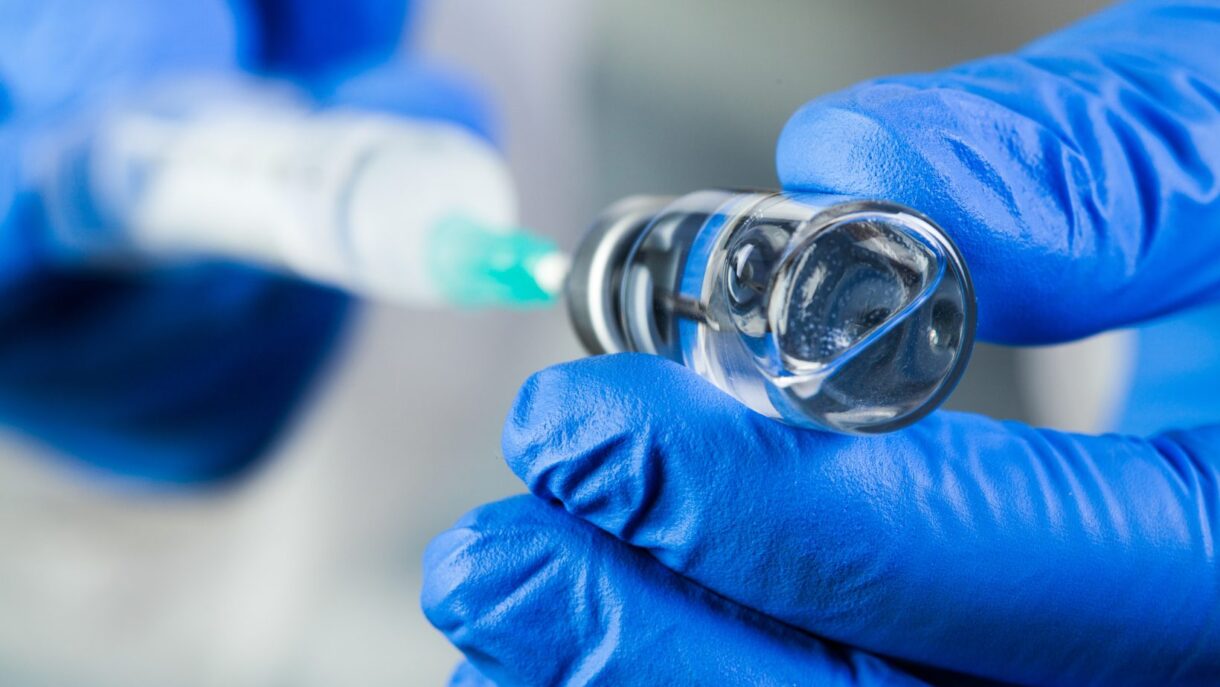Oncolytic Virotherapy Shows Promise in Advanced Melanoma that Failed Immunotherapy

New clinical trial data shows that additional options may soon become available for patients with melanoma for whom immunotherapy did not work. The IGNYTE clinical trial results presented at the EMSO Congress in Barcelona showed data for a new oncolytic therapy – RP1.
RP1, also known as vusolimogene oderparepvec, is a viral oncolytic therapy injected into melanoma lesions and designed to activate the immune system. Currently, RP1 is an experimental therapy that is only available as part of a clinical trial.1
For the IGNYTE clinical trial, 140 patients were enrolled. These patients had failed to respond to immunotherapy after at least eight weeks. In the trial, the patients received RP1 plus nivolumab (Opdivo) after confirmed progression on other immunotherapies, like pembrolizumab (Keytruda), ipilimumab (Yervoy), or both.
The trial enrolled 48.6% of patients with Stage IV melanoma. Those enrolled patients received up to eight cycles of RP1, the last cycle of which was combined with nivolumab. Patients then received subsequent cycles of nivolumab alone for two years.2
Approximately 33.6% of patients experienced a confirmed objective response. The median duration of response after treatment initiation was 27.6 months, but ranged from 6.6 to 45.3 months among individual patients. Of those responding, 85% were ongoing after a year of treatment.2
Interestingly, tumor reduction was observed in lesions directly injected with the oncolytic therapy and non-directly injected lesions. For example, in a male patient with a cutaneous RP1 injection on the head, tumor shrinkage was observed at a metastatic site in the liver.2
In both areas, responses were similar in frequency, depth, and duration. These results suggest that responses are not dependent upon the ability to inject into the melanoma precisely and that the immune system can respond at other sites once activated.2
In this trial, the median overall survival has not yet been reached. However, the one-year survival rate was 75.3%, the two-year survival rate was 63.3%, and the three-year survival rate was 54.8%. These rates are promising among a population with advanced melanoma that has previously failed immunotherapy.2
The most common treatment-related side effects were fatigue, chills, pyrexia, and nausea. These were generally a low grade and did not last long.2
Based on these results, the IGNYTE-3 confirmatory Phase 3 trial, which will evaluate the combination of RP1 and nivolumab against the physician’s choice therapy in patients with advanced melanoma that has progressed on immunotherapies, is currently recruiting.
References:
- Replimune information. Updated 2021. Accessed on September 15, 2024 at https://replimune.com/wp-content/uploads/2021/10/Replimune-Oncolytic-Immunotherapy-RP1-FAQ.pdf.
- Robert C, Milhem MM, Sacco JJ et al. Primary efficacy, safety, and survival data from the registration-intended cohort of patients with anti–PD-1–failed melanoma from the IGNYTE clinical trial with RP1 combined with nivolumab. ESMO Congress 2024. Oral presentation on September 15, 2024.
Recent Posts

Announcing AIM at Melanoma’s Official Sunscreen Partner, WearSPF

Red Hair Genetics: 5 Things You May Not Know

Surviving & Thriving: From Melanoma Survivor to Sun Safety Advocate

Inheriting Cancer Risk Factors


